However, a segment of the workforce remains disengaged and performs their duties perfunctorily, resulting in delays and poor-quality work that fails to meet societal expectations.
This reorganisation of Vietnam’s political system is an unprecedented strategic move.
Speaking at a conference on April 16, General Secretary To Lam emphasised: “The tasks ahead are complex and urgent. I call on all comrades, from central to local levels, present at today’s conference to uphold their utmost sense of responsibility to the Party, the state and the people, and to lead and direct efforts with the highest level of determination to fulfil the goals outlined in the 11th Plenum of the 13th Central Committee, laying a solid foundation for the 14th National Congress and guiding our country firmly into an era of strong, prosperous development for the Vietnamese nation.”
In the past four months, following directives from the Central Committee, the Politburo and the Secretariat, Vietnam has nearly completed the restructuring of Party, Government, National Assembly, and Fatherland Front bodies at the central level. Statistics on reduced organisational units, increased efficiency, and cost savings — as reported to the Central Committee, the National Assembly, and the Government — highlight the transformative nature of this reform.
This streamlining process is being carried out with urgency and determination, following principles such as “running while queuing”, “no perfectionism but no haste”, and “no disruption to ongoing work”, with the aim that “the new structure must outperform the old one.”
The reform is being implemented thoroughly, decisively and methodically, from the top down, with a scientific and humane approach. It follows the principle “the central level sets the example, localities follow” while strictly adhering to the Party’s charter, regulations, principles and orientations.
Despite the broad support from the majority of Party members, civil servants and the general public, there remains a group who are concerned about their positions or personal interests. Instead of focusing on their work, some seek to manoeuvre through back channels, or fall into apathy and perform their duties mechanically — undermining both the quality of their work and the development of their organisations.
The objective of this streamlining revolution is to select individuals who possess both the moral character and the competence required to meet the demands of the new era — the era of the nation’s rise.
According to General Secretary To Lam, the restructuring of local administrative units must be grounded in scientific reasoning, creativity, and a forward-looking vision that spans at least the next 100 years. The goal is to form and expand development spaces that are conducive to Vietnam’s socio-economic and cultural advancement.
Post-reform, local governments must be lean, efficient and closer to the people. They must meet the demands of modern governance; enable fast and sustainable growth; strengthen national defence, security, and diplomacy; and catalyse economic development — particularly by boosting the private sector. At the same time, they should accelerate progress in science, technology, and innovation, and increasingly improve the material and spiritual wellbeing of the population.
The restructuring of the Vietnam Fatherland Front and mass socio-political organisations must ensure true streamlining, avoiding functional overlap and bureaucratisation. These organisations must redirect their activities toward grassroots communities, staying close to and serving the people. Guided by the principle of “people-centred governance,” they must genuinely act as the “extended arm” of the Party, reaching every household and citizen, safeguarding the legitimate rights and interests of their members and the public.
To achieve these goals, it is essential to promptly filter out officials, public servants, and employees with limited capabilities, degraded ethics, or a tendency toward mediocrity and inertia.
The Central Committee has agreed to amend and supplement the Constitution and relevant laws concerning local governance, the Vietnam Fatherland Front and socio-political organisations. These revisions are to be completed by June 30, 2025, come into effect on July 1, 2025, and include a transition period to ensure smooth, uninterrupted operations in line with the restructuring roadmap.
The call for administrative streamlining, including potential mergers of provinces and communes and the elimination of district-level governance, faces significant challenges. Consequently, local officials are expected to shoulder a substantial workload in the coming period.
According to experts and in line with public expectations, this challenging phase will serve as a proving ground for cadres and civil servants to demonstrate their strengths, capabilities, creativity, initiative and resilience. Specifically, it is a test of the leadership and management officials’ ability to take responsibility under pressure and fulfil their duties in all circumstances.
This process will help agencies select a cadre of truly virtuous and competent officials capable of taking on national responsibilities and contributing meaningfully to the country’s development in this new era.
As General Secretary To Lam aptly stated: “In today’s context, there is no room for opportunists, careerists, mediocre performers, or those who are hesitant to innovate and remain focused on personal gain. Anyone who realises they are unfit for the task should voluntarily step aside for more deserving individuals; choosing to stand back for the greater good is an act of courage, dignity, and pride that deserves recognition and respect.”
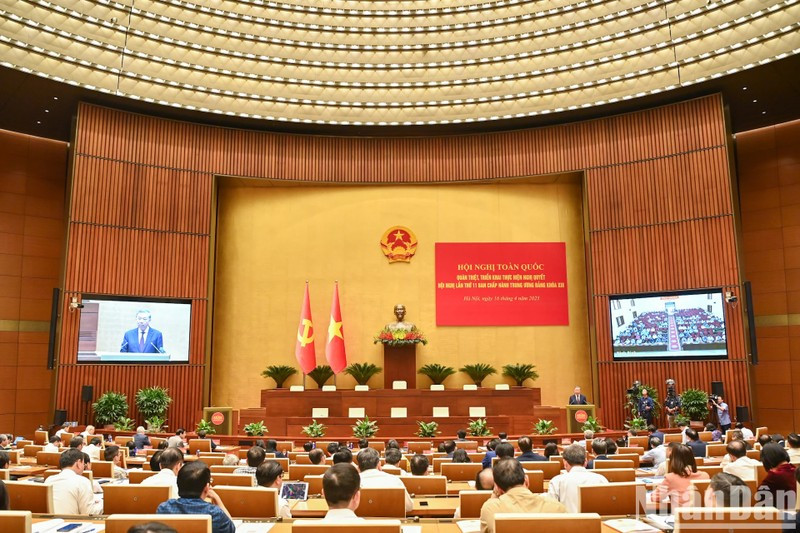
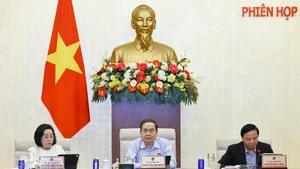
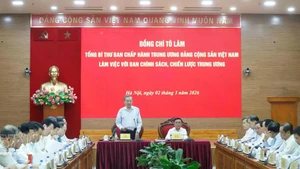
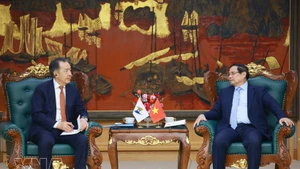
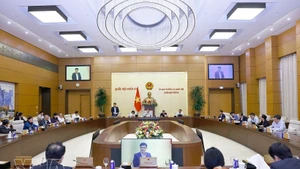
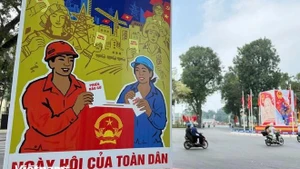
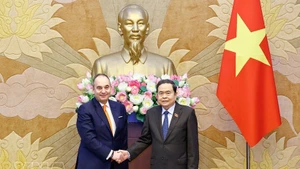
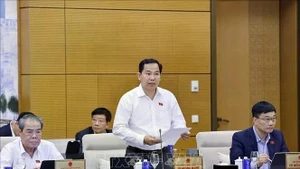
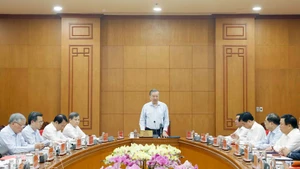

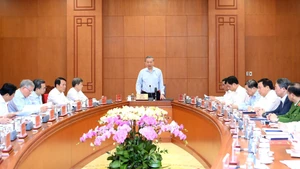

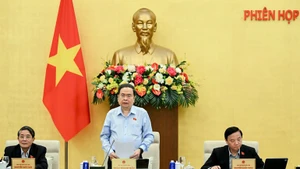
![[Video] Truong Sa's soldiers, residents ready for election day](https://en-cdn.nhandan.vn/images/f1d40292161293ec0cfc54f6f7bc133a6bbf8f5786a71df650a63a6227ff35da26ecfd78165d9aec37ebbf9c050c10f96ae70becd9f49b834a8b9195e077c25b/1080.jpg.webp)


